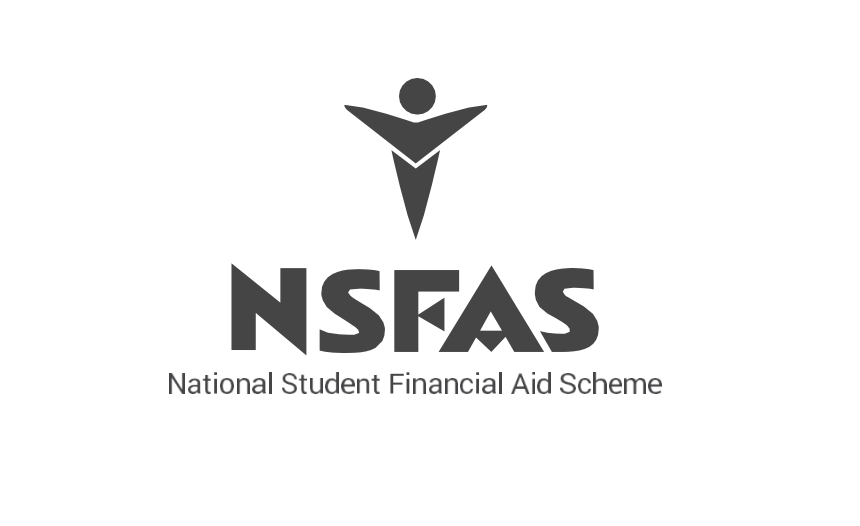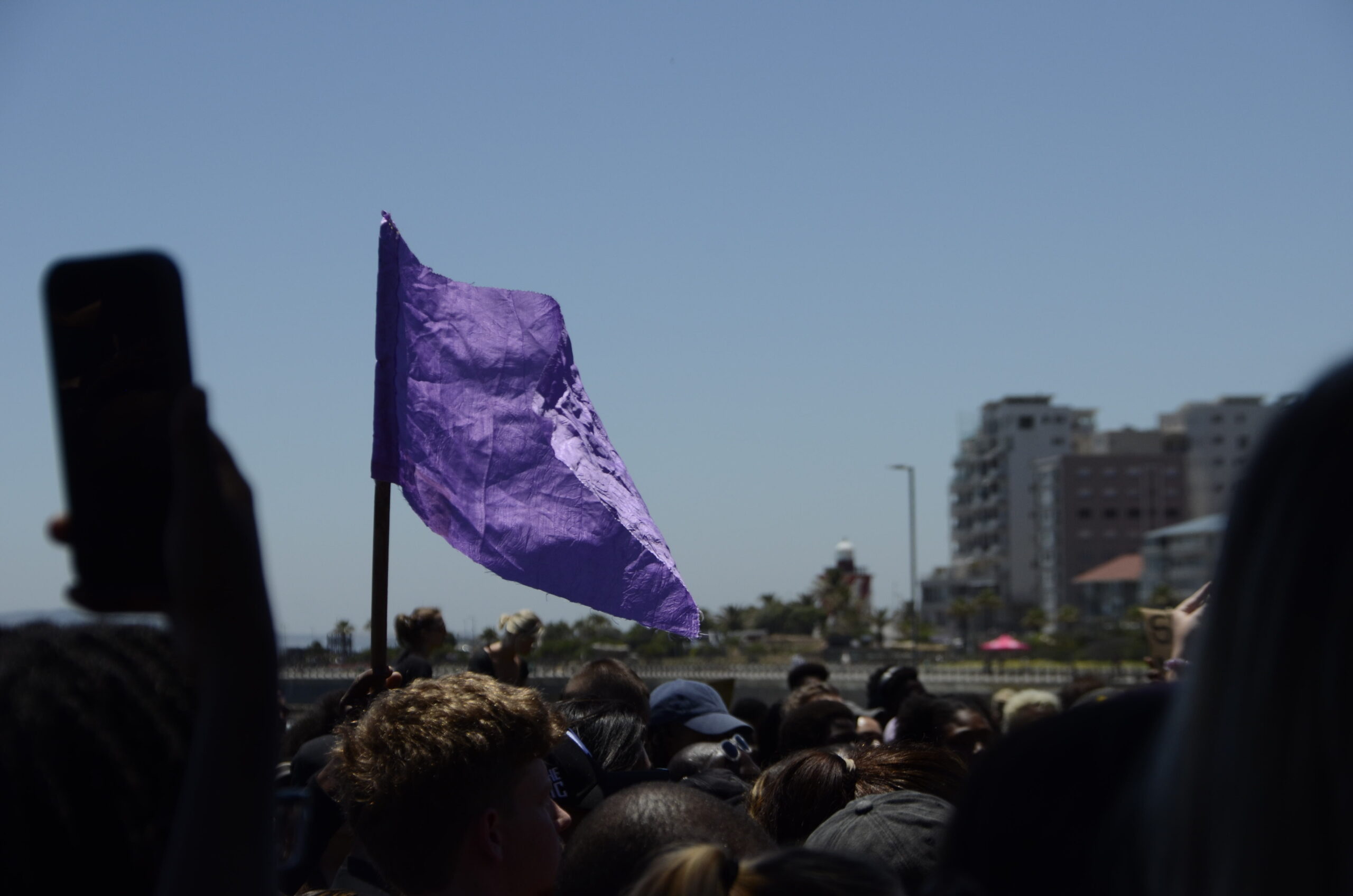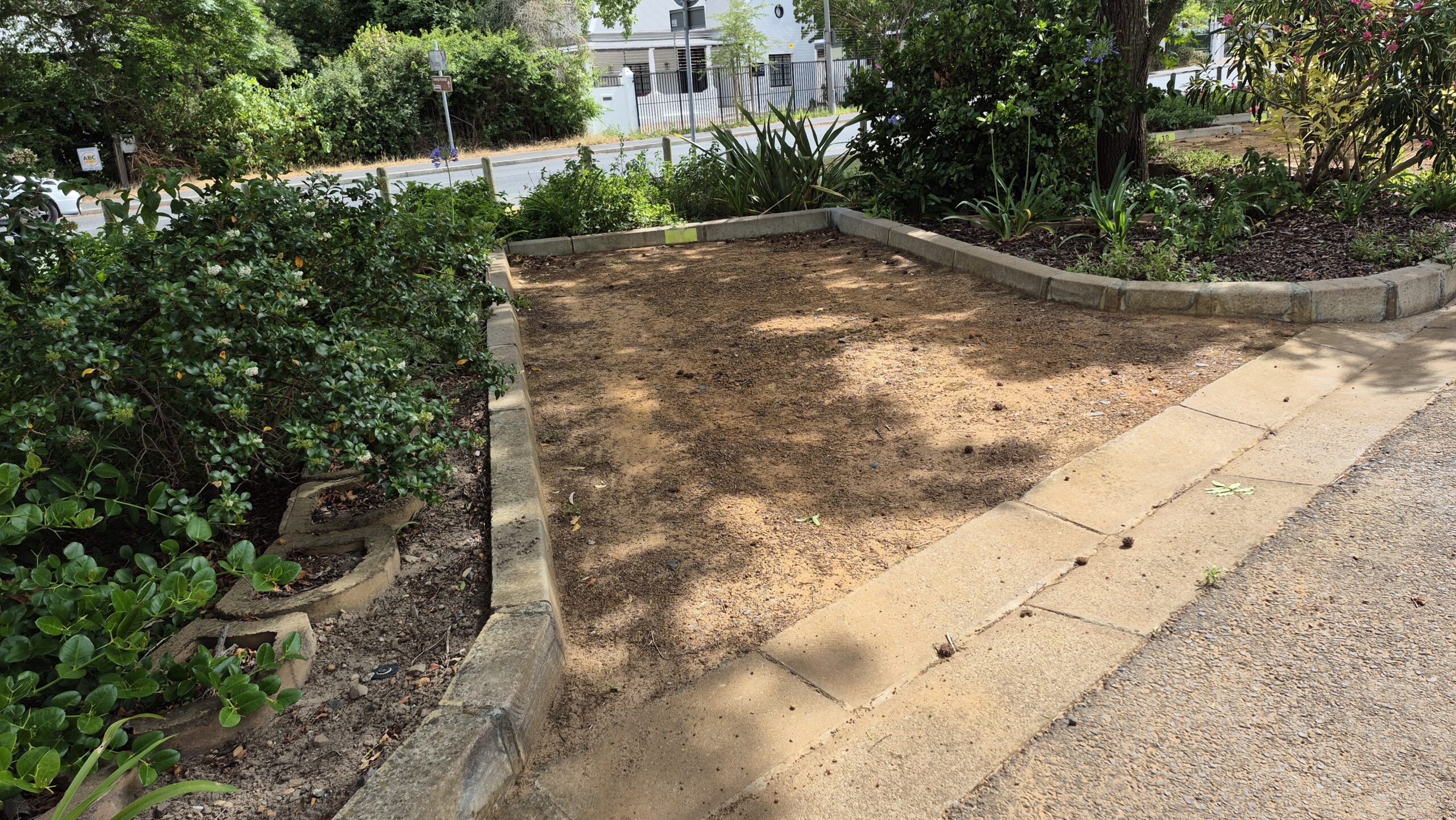Annerine Snyman
Matthew Mayne will share his knowledge about rocks at the “Young Persons’ Leadership World Lecture Competition”, in October. This earth sciences PhD student was chosen as the South African representative for the competition and is the only competitor that specialises in this line of study.
The national final round of the competition was help on 27 June, in Port Elizabeth where Mayne, the only Western Cape competitor, qualified for the international final round. This round is set to take place in Perth, Australia.
Matthew Mayne, a PhD-student at the Stellenbosch University’s (SU) Earth sciences department, was chosen to represent South Africa in the Young Persons’ World Lecture Competition that will be taking place in Perth, in October.
Mayne has already visited different parts of the world to share information on his research as well as his software product, Rcrust. This product, which is free for download on the university’s website, is a modelling tool that calculates the mineral stability inside rocks.
Prof Gary Stevens, Mayne’s research supervisor at SU, mentioned last year in a news article by the science faculty, that this new instrument will be a lot of help to geologists who study bulk compositional change.
Mayne, who has been working on this product from honours-level, means that it can give
information on how the earth was formed. “It can help to calculate the thermodynamic properties of minerals. Thermodynamics is a physical way in which to determine how something can exist or be stable,” he said.
This tool also studies the interaction between chemistry and thermodynamics on the forming and melting of rocks. The title of his winning-talk for the competition, namely ‘How do rocks melt? A question requiring both chemistry and thermodynamics’, nicely encapsulates his research.
Mayne’s research is largely based on the idea that the Rcrust-product can help other researchers in similar fields of study.
The Rcrust-product also has a user interface that Mayne’s French supervisor, Prof Jean-François Moyen, helped to develop. This helps to ease the use of the product. The SU’s undergrad and postgrad earth sciences students therefore have a well-developed product to help their studies along.
“I do not necessarily want to work in the industries, I just want to help people understand how minerals work,” he said. Therefore the Rcrust-product will also always be available for free.
Further, Mayne was also impressed by the competition’s educational undertone. “I am very interested in education and research. Through this competition I can mingle with people from different study fields and I can share my research with them. The interdisciplinary aspect of this competition definitely stands out for me.”
The Institute of Materials, Minerals and Mining (IOM3) hosts this competition annually and it is open to anyone under the age of 28, in academic or industrial fields, from eight different countries. This year is the 12 th year that the competition is held.
Mayne plans to do a post-doctoral after he has finished his joint PhD-programme between SU and Université Jean Monnet (UJM) in France.
Photo: Supplied



